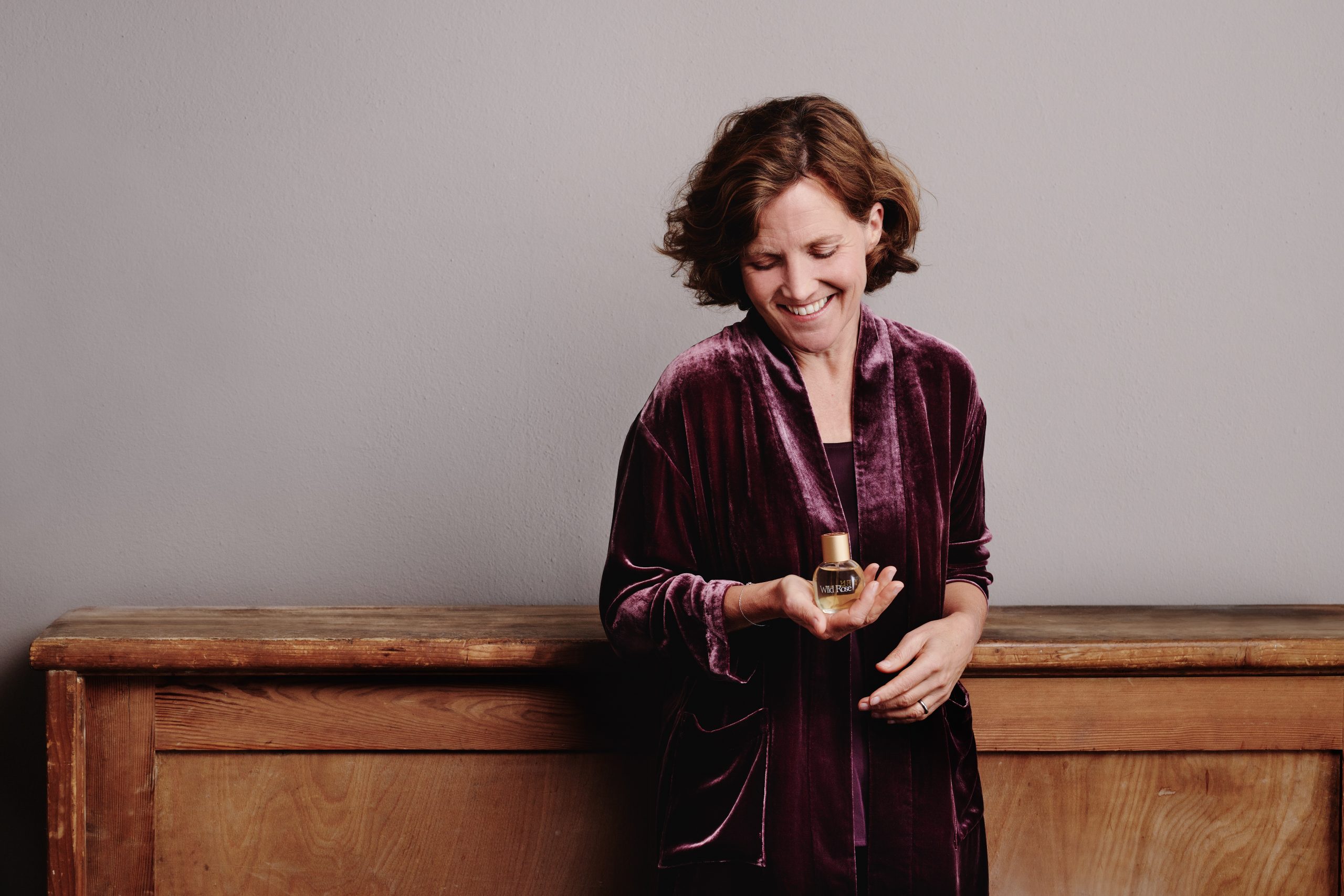Sadie Chowen and I first met in 2018 when she was a finalist in the IMAGE Magazine Business Woman of the Year Awards and I was the editor. In my experience, there are largely two types of entrants, the serial entrant and those cajoled into putting their name forward. Chowen was the latter and appeared a little bewildered by the glitz of the ceremony and the excitement that was palpable in the Burlington ballroom that night. She went on to win her category and take home the title of Creative Business Woman of the Year, recognised for her vision and…
Cancel at any time. Are you already a member? Log in here.
Want to read the full story?
Unlock this article – and everything else on The Currency – with an annual membership and receive a free Samsonite Upscape suitcase, retailing at €235, delivered to your door.

